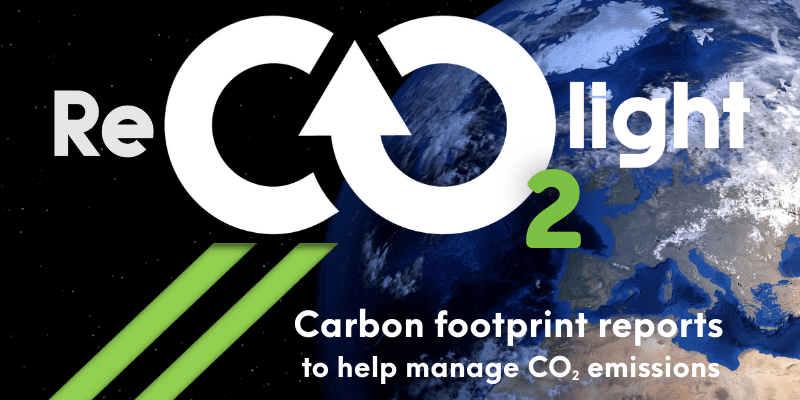A study of bumblebees has uncovered a potential reason for the insects’ decline.
By studying bumblebee exposure to particulate air pollutants researchers say they have determined that the diversity and behaviour of the bee gut microbial community is altered when exposed to black carbon found in air pollution, disrupting the beneficial bacteria that live there.
Bees are vital to our delicate eco-system and agriculture because they help pollinate wild trees and flowers and crops which support other insects and mammals in turn going up the food chain. But their populations are declining with many species already wiped out and others in serious danger.
A key component of bee health is their specialized, beneficial gut microbiome which form a community of bacteria in their gut to keep them healthy.
The findings by air pollution researchers, led by Professor Julie Morrissey at the University of Leicester’s Department of Genetics, Genomics and Cancer Sciences, have now been published in NPJ Biofilms Microbiomes.
Researchers, grew Snodgrasella alvi, a beneficial member of the bee gut microbiome, in lab conditions and exposed it to black carbon air pollution.
Snodgrassella alvi colonises bees’ large intestine in a structure called a biofilm – a protective matrix that promotes bacterial colonisation on surfaces (e.g. like plaque on teeth).
The team found that exposure to black carbon changed the behaviour of S. alvi and the structure and formation of the bacteria’s biofilm.
Researchers also looked at the effects of black carbon pollution on live bumblebees. They sampled bees before and after pollution exposure and measured the abundance of bacteria in their gut to observe any differences.
To measure the gut microbiome, faecal samples were taken, allowing for multiple sampling of the same individual. They found that there was a significant change in the abundance of beneficial bacteria that are vital to the health of the bee gut microbiome.
Dr Hannah Sampson, first author on the study, said: “Recent declines in bee populations have put a spotlight on understanding what factors might be driving these. So far, they have been attributed to habitat loss, pesticide use, the spread of bee diseases and climate change.
“The bee gut microbiome is a crucial component of bee health. Our research explored the impact of air pollution on bees’ gut microbiome, discovering that air pollution exposure has direct, measurable effects on the beneficial commensal bacteria and microbiome.
“Our data highlights that air pollution is an underexplored risk to insect pollinator health via disruption of bees beneficial gut microbiome. This not only poses a risk to bee health but to pollination and global food security in the long term.”
However, Dr Sampson added that more research needed to take place.
“Air pollution affects microbial communities. Changes to these important communities could have detrimental effects on lots of different ecosystems that affect bees and also directly affect humans.”
















